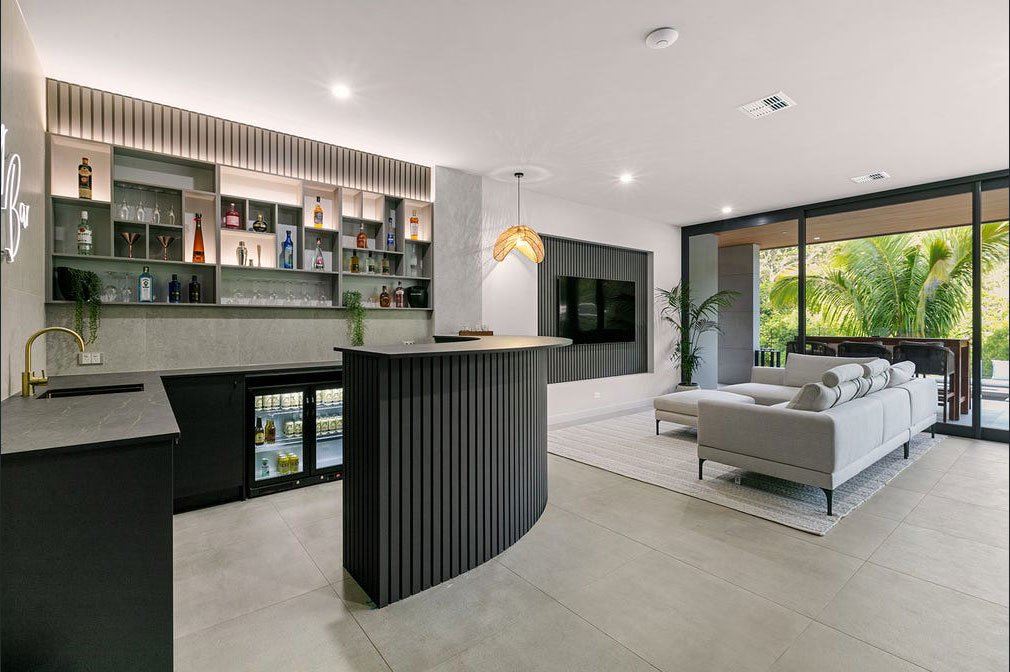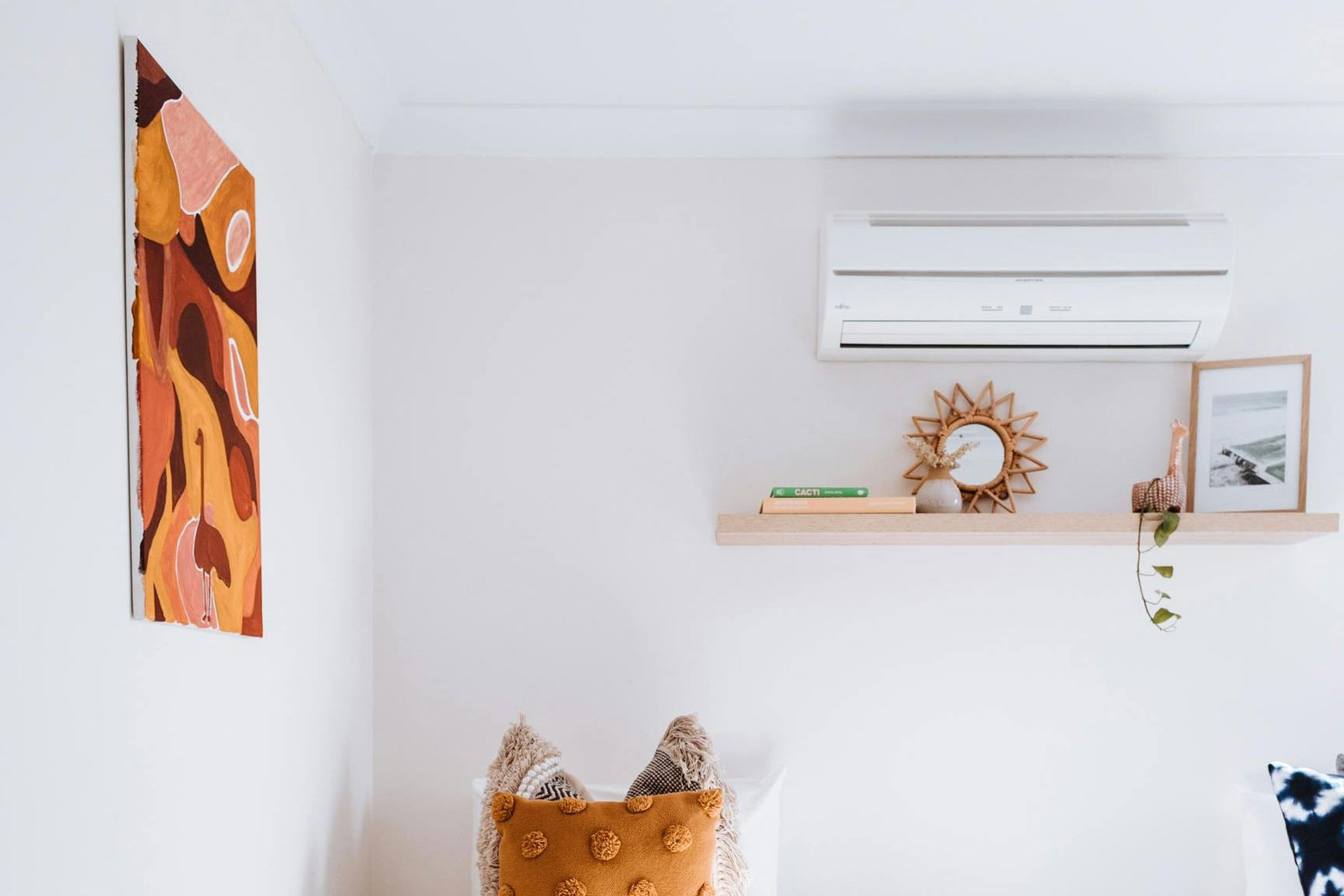
When it comes to electrical emergencies, even the most capable among us need a helping hand. This guide will illuminate the world of emergency electrician services, helping you recognise when it’s time to call in the experts and how to prepare for those unexpected electrical hiccups that can disrupt your busy life.
The Power of Preparedness: Understanding Emergency Electrician Services
Imagine this: It’s a stormy Brisbane evening, and you’re settling in for a well-deserved night of relaxation after a long day. Suddenly, the lights flicker and go out, leaving you in darkness. In moments like these, knowing when and how to call an emergency electrician can make all the difference.
Emergency electrician services are not just a convenience; they’re a crucial safety net for homeowners. These skilled professionals are available to address urgent electrical issues that can’t wait for regular business hours. From power outages to electrical fires, they’re equipped to handle a wide range of emergencies that could compromise your home’s safety and your peace of mind.
Understanding the importance of these services is the first step in protecting your home and family from potential electrical hazards. Let’s delve deeper into the world of emergency electrical services and equip you with the knowledge you need to navigate any electrical crisis with confidence.
When Lightning Strikes: Common Electrical Emergencies in Brisbane Homes
Brisbane’s subtropical climate can present unique challenges for homeowners, especially when it comes to electrical systems. From summer storms to humidity-related issues, several factors can contribute to electrical emergencies in your home.
One of the most common emergencies is power outages caused by severe weather. While these are often resolved by power companies, there are instances where the issue lies within your home’s electrical system, requiring immediate attention from an emergency electrician.
Another frequent issue is electrical fires. These can be caused by faulty wiring, overloaded circuits, or malfunctioning appliances. In such cases, quick action and professional intervention are crucial to prevent extensive damage and ensure your safety.
Water damage to electrical systems is also a concern in Brisbane, particularly during the wet season. If you notice water near electrical outlets or appliances, it’s essential to call an emergency electrician immediately to prevent short circuits and potential electrocution hazards.
Understanding these common emergencies can help you recognize when professional help is needed and take swift action to protect your home and family.
Red Flags: Recognising Signs That Call for Emergency Electrician Services
As a savvy homeowner, knowing when to call an emergency electrician can save you from potential disasters. Here are some key signs that indicate it’s time to pick up the phone:
- Burning smells or visible smoke coming from outlets or appliances are clear indicators of an electrical emergency. These could signal overheating wires or components, which can quickly escalate into a fire if not addressed promptly.
- Frequent circuit breaker trips are another red flag. While occasional trips are normal, if you find yourself constantly resetting your circuit breaker, it could indicate an overloaded circuit or a more serious underlying issue.
- Sparking outlets or switches are never a good sign. If you notice sparks when plugging in or unplugging devices, or when flipping switches, it’s time to call an emergency electrician. These sparks could be a sign of loose wiring or other dangerous faults in your electrical system.
- Lastly, if you experience a total loss of power that isn’t affecting your neighbours, it could indicate a problem with your home’s main electrical panel. This situation requires immediate professional attention to ensure your safety and restore power to your home.
By recognising these signs early, you can prevent minor issues from escalating into major emergencies, keeping your home safe and your electrical system functioning smoothly.
Powering Up Your Preparedness: How to Get Ready for Electrical Emergencies
As the saying goes, “By failing to prepare, you are preparing to fail.” This couldn’t be truer when it comes to electrical emergencies. Here’s how you can stay one step ahead and be ready for any electrical surprises:
- First and foremost, familiarise yourself with your home’s electrical system. Know where your main circuit breaker is located and how to switch it off in case of an emergency. This simple knowledge can be crucial in preventing further damage or injury during an electrical crisis.
- Keep a well-stocked emergency kit in an easily accessible location. This should include flashlights, spare batteries, a battery-powered radio, and a list of emergency contact numbers, including that of a reliable emergency electrician in Brisbane.
- Consider investing in surge protectors for your valuable electronics. These devices can safeguard your equipment from sudden power surges, which are not uncommon during Brisbane’s storm season.
- Regular electrical maintenance is another key aspect of preparedness. Schedule annual inspections with a qualified electrician to catch and address potential issues before they turn into emergencies.
By taking these proactive steps, you’re not just preparing for emergencies – you’re investing in your home’s safety and your peace of mind.
Bright Ideas for a Safer Home: Wrapping Up Your Emergency Electrician Guide
As we’ve explored the world of emergency electrician services, one thing has become clear: knowledge and preparedness are your best defences against electrical emergencies. By understanding common electrical issues, and recognising warning signs, you’re well-equipped to handle any electrical curveballs that come your way.
Remember, electrical safety is not just about responding to emergencies – it’s about creating a safe environment in your home every day. Regular maintenance, proper use of electrical appliances, and staying alert to potential issues can go a long way in preventing emergencies from happening in the first place.
So, the next time you hear a suspicious buzzing from an outlet or notice flickering lights, you’ll know exactly what to do. With the right knowledge and OHMY Electrical Contractors here to help, you can face any electrical challenge with confidence. Here’s to brighter, safer days in your Brisbane home!





